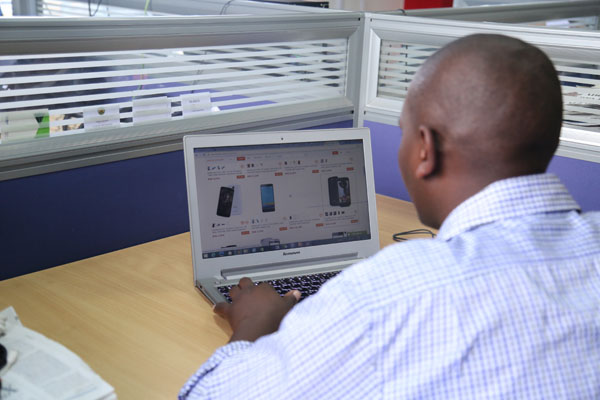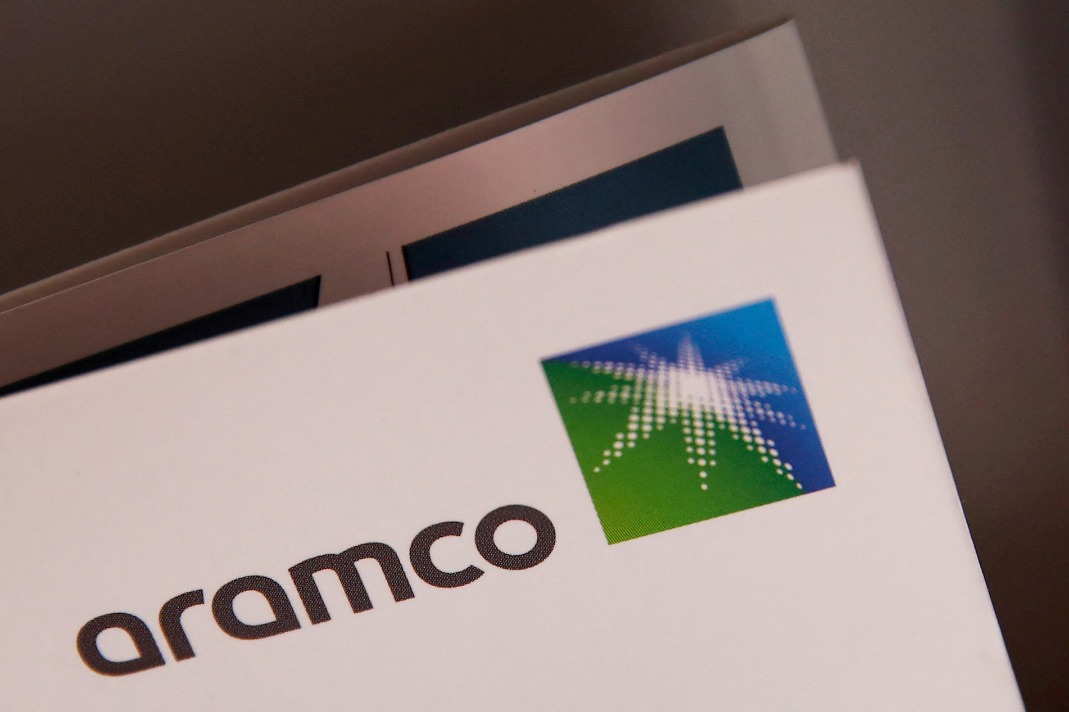New focus areas key to Africa-China trade and economic ties


For example, in 2015, the bilateral trade volume between China and Africa fell by 18.3 percent, mainly due to the collapse of international raw material prices.
According to data from the General Administration of Customs of China, China-Africa trade volume in the first half of this year was worth about $82.37 billion, down more than 19 percent year-on-year. Although China's import and export situation is difficult, its partner Africa has seen that its own economic losses may be much higher than the losses of foreign economic cooperation.
According to estimates by the United Nations Conference on Trade and Development, the African continent's intra-continental trade only accounts for 16.6 percent of its international trade, which is much lower than that of Asia's 59.4 percent. Therefore, Africa is unable to solve economic problems by itself, and economic difficulties caused by the epidemic will become more serious.
From a comparison, the decline in trade between China and Africa is also much better than that of other major countries. In recent years, Western powers have pursued isolationism and protectionism and reduced their investment in Africa. Their share in Africa's trade map has continued to decline.
Compared with Western countries, the Chinese government, enterprises, and social organizations have maintained their policies' strength and innovated cooperation models under difficult circumstances, ensuring the sustainable development of China-Africa economic cooperation, and becoming valuable experiences for promoting China-Africa cooperation in the future.
First, the two sides should maintain policy determination. Under the cooperation mechanism of the Forum on China-Africa Cooperation, various Chinese ministries communicated more closely with African partners at the beginning of the epidemic, learned about Africa's difficulties at the outset, and reduced or re-arranged bilateral debts.
China has repeatedly reiterated its support for Africa in new business sectors like digital economy, smart cities, clean energy, and 5G to boost Africa's development and revitalization, and pledged to accelerate the follow-ups to the Beijing Summit of the Forum on China-Africa Cooperation.
Second, cross-department cooperation is key. China's different departments, which used to lack coordination in Africa affairs due to distance in sectors, achieved breakthroughs in many aspects during the epidemic.
For example, some African governments lack foreign exchange but urgently need to purchase medical supplies from China. Sacrificing short-term benefits, Chinese enterprises that have long-term investments in Africa, used their bank credit to purchase medical supplies for the African health sector.
This not only solved the actual problems in Africa, but also allowed China's pharmaceutical enterprises, which are not familiar with Africa, to quickly expand during the pandemic in the African market, and further enhanced China's image.
Third, understand the African market. Chinese companies are the first to get out of the epidemic, resume work and production, and focus more on the people's livelihood and on goods produced and exported for Africa, thus further consolidating their market share.
At present, the focus of China-Africa economic cooperation has shifted to sophisticated industries. But traditional industries still show importance. Because the social development of Africa remains uneven, the main social groups still need high-quality and inexpensive products in terms of food, clothing and housing. China's traditional industries are still very vital.
Fourth, use new technologies. A major change in this epidemic is that we gradually get rid of dependence on individuals and seek support from new technologies. During the epidemic, many African companies had to use remote e-commerce systems, but now they have fully adapted and recognized new technologies.
The e-commerce system can complete the entire process from market research, advertising, production and supervision to online transactions, which can maximize the cost of travel and reduce business links, and is conducive to standardized management.
The writer is executive researcher of the Institute of West Asia and Africa of the Chinese Academy of Social Sciences, council member of the Chinese Society of Asian and African Studies.
The views don't necessarily reflect those of China Daily.




































